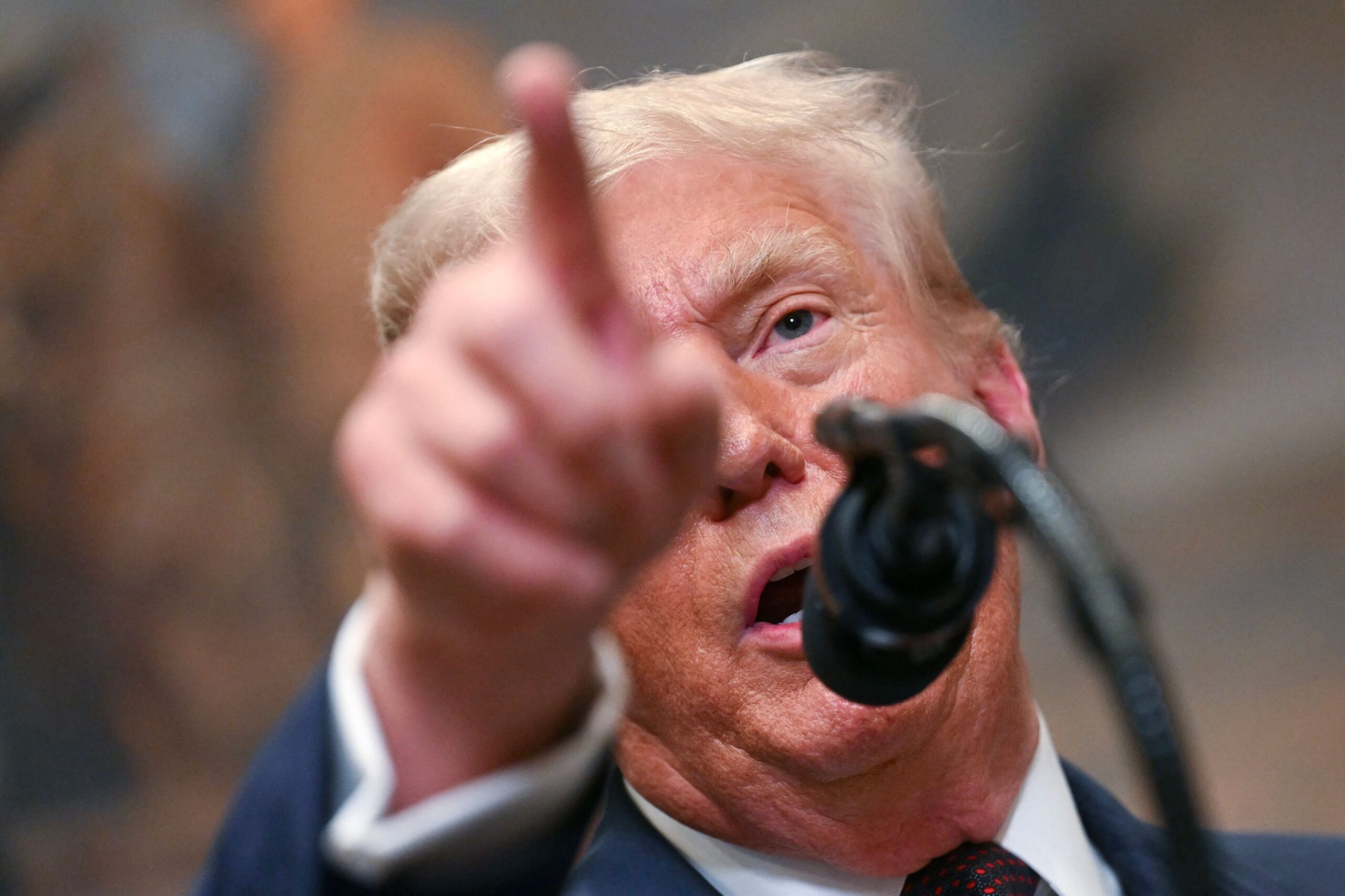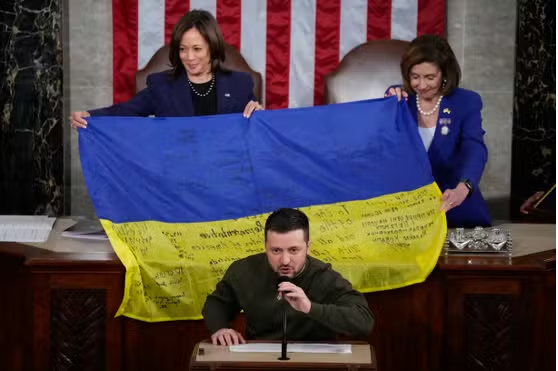
Within a political climate already characterized by misinformation, media fragmentation, and administrative abuses, the Trump administration is at its peak and has been shown to be drifting into Orwellian circles. Drawing on the dystopian vision of George Orwell’s 1984, critics have noted a disturbing trend: a government using language manipulation, truth distortion, and authoritarian methods to influence public perceptions and dominate the narrative.
- While “Orwellian” is often used, its use in this instance was not merely figurative. Through the redefinition of basic truths and the weakening of institutional checks and balances, several political analysts and journalists have highlighted specific examples that show that the government is moving further away from transparency and accountability.
A notable early example was the idea of “alternative facts,” introduced by former presidential adviser Kellyanne Conway during a 2017 TV interview. The statement was used to defend then-press secretary Sean Spicer’s inaccurate claim about the size of the audience at Trump’s inauguration. Rather than correcting the errors, the administration reinforced its position—declaring the lie as fact and mocking those who opposed it. This rhetorical technique closely resembles Orwell’s concept of “doublethink,” in which individuals are required to simultaneously hold two opposing views and believe that both are true.
- Furthermore, the government’s war on the media formed a significant part of its Orwellian transformation. By labeling major media organizations as “enemies of the people,” Trump undermined trust in mainstream journalism, and instead of managing information by altering history and suppressing dissent, Orwell’s Ministry of Truth promoted pro-government outlets. Although the United States maintained its democratic status under Trump’s presidency, the systematic erosion of journalistic institutions fostered an environment detrimental to factual accuracy and impartial reporting.
The manipulation of language also extended to government communications. The Centers for Disease Control and Prevention (CDC), the Environmental Protection Agency (EPA), and various other agencies were reportedly instructed to avoid using certain phrases such as “climate change,” “evidence-based,” or “diversity.”
- These restrictions raised concerns about ideological dominance over science and policy, reflecting Orwell’s idea that regulating language is a means of regulating thought. The government’s handling of immigration policy also showed authoritarian tendencies. The policy of separating families, secret detention practices, and the use of militaristic language to characterize asylum seekers created a climate of fear and dehumanization.
- The persistent portrayal of immigrants as criminals or invaders mirrors Orwell’s notion of the “enemy” acting as a collective scapegoat, which diverted attention from internal shortcomings and fueled nationalism. Perhaps most worrisome were Trump’s continued efforts to undermine the legitimacy of the electoral process. Before the 2020 election, he expressed skepticism about mail-in voting and indicated that he would not accept the results if he lost. After his defeat, he led a movement based on unfounded allegations of election fraud. This led to the Capitol riot on January 6, during which misinformation, conspiracy theories, and the loyalty of one individual overwhelmed democratic institutions, resulting in violent behavior.
The rhetoric and actions of the Trump administration have fostered a post-truth era where loyalty often replaces legitimacy, and perception overshadows real truth. Although the US Constitution and established norms have prevented the complete collapse of authoritarianism, the enduring damage to democratic principles remains a significant issue. In Orwell’s universe, truth is defined by the claims of the party.
- In Trump’s America, truth is often dictated by the effects of authority, loyalty, and exposure. Regardless of whether it is seen as a short-term diversion or a sign of more significant democratic decline, the Trump administration’s Orwellian leanings have had a lasting impact on American political culture — and provide a cautionary tale regarding the fragility of truth in a reality governed by manipulation.


